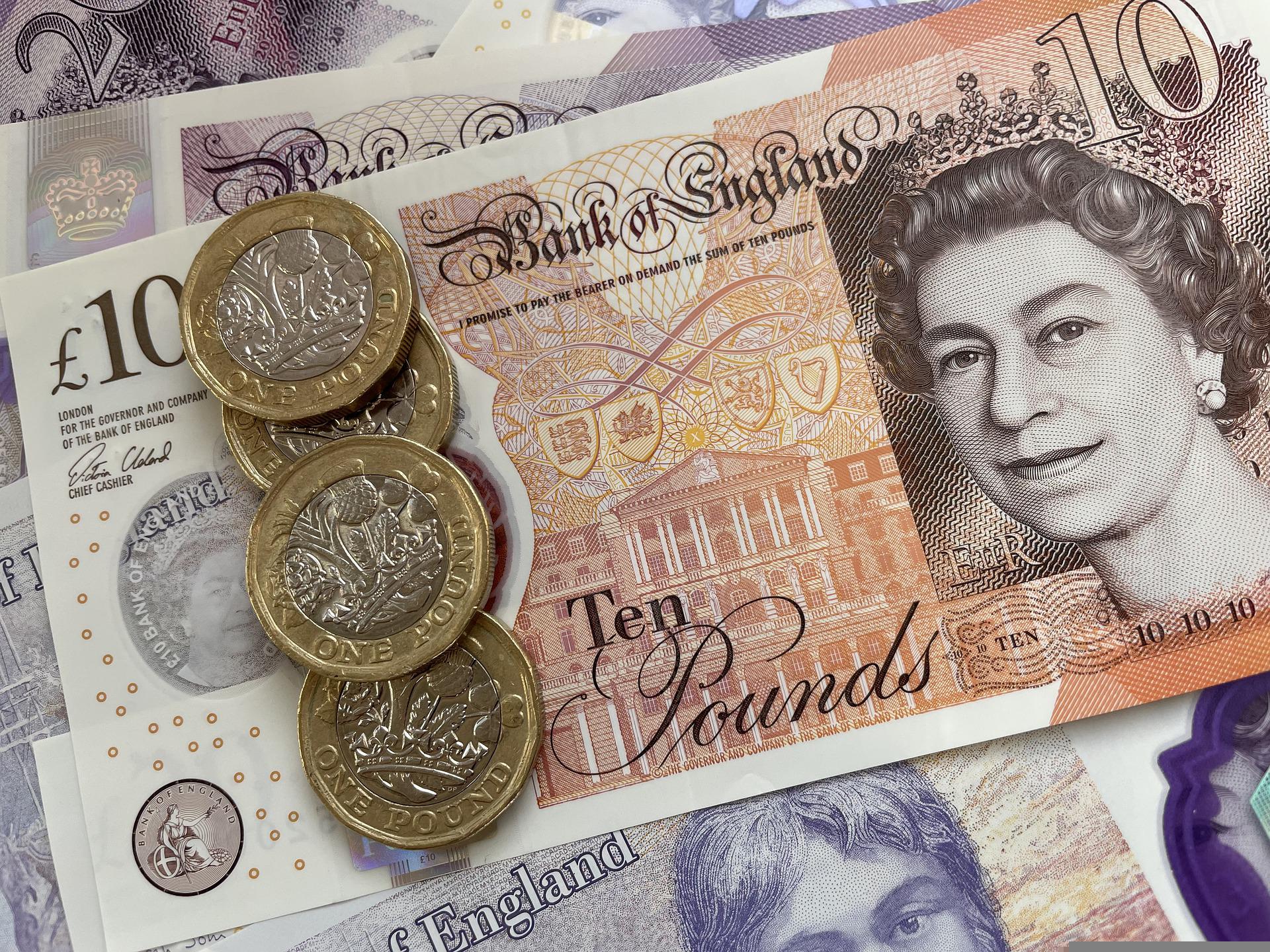How to set up a budget
The first step to taking control of your finances is setting up a budget.
It will take some effort, but it’s a great way to get a quick snapshot of the money you have coming in and going out.
Setting up a budget means you’re:
· less likely to end up in debt
· less likely to get caught out by unexpected costs
· more likely to have a good credit rating
· more likely to be accepted for a mortgage or loan
· able to spot areas where you can make savings
· in a great position to save up for a holiday, a new car, or another treat
What you need –
To get started on your budget, you’ll need to work out how much you spend on:
· household bills
· living costs
· financial products, like insurance, bank charges or interest
· family and friends, this could include gifts, travel to events like weddings
· travel, car costs like fuel and MOT tests as well as public transport
· leisure, including holidays, gym fees, meals out or other entertainment.
Getting your budget back on track
If you’re spending more than you have coming in, you need to work out where you can cut back and make things more affordable.
This might be as easy as making your lunch at home or cancelling a gym membership you don’t use – things can really add up!
You could also keep a spending diary and keep a note of everything you buy in a month which is what I do religiously.
Or, if you do most of your spending with a credit or debit card, look at last month’s statement and work out where your money is going.
Get everyone involved
Get everyone in your family involved with keeping to a budget.
Sit down together and make a plan that you can all stick to.
Work out how much spending money is available and agree between you what you’ll each have.
Cutting your household bills and your mortgage
For many of us, household bills make up a large chunk of our spending. Life is unpredictable so try to review your budget and your spending if there’s a change, or at least every couple of months.
You might get a pay rise, which means you can save more, or you might find your household bills increase.
The good news is that it’s easy to save hundreds of pounds on your bills by following our tips.
Paying off loans and credit cards
If you have loans or owe money on credit cards it usually makes sense to pay off the debt that charges the highest rate of interest first. Examples include:
· credit cards
· store cards, which normally charge the highest rates of interest (some over 40%!)
· personal loans from the bank, which normally charge a lower rate of interest than credit or store cards.
It is important to make sure you don’t break the terms of your agreements for one, never pay late even if that extra takeaway is tempting.
Even if you’re focusing on paying down another debt, you must cover at least the minimum payment on any credit cards and your monthly required payments on loan agreements, but if you can always pay more than the minimum.
Getting help if debt problems become serious
If you’ve already missed credit card or loan payments or if you’re behind with so-called ‘priority debts’ such as your:
· rent
· mortgage
· court fines
· energy bills
· Council Tax
· Child support.
take advice from a free debt advice charity straight away.
If you’re overwhelmed by your debts
Often, the hardest part of paying off your debts is taking the first step, collecting yourself and moving forward but trust me, we’ve all been there.
It’s easy to feel overwhelmed if you know you’re struggling financially.
It’s tempting to bury your head in the sand and ignore your bank statements and demands for payment, but it won’t make the problem any better and could make it worse.
Take a deep breath and open any letters you’ve been ignoring.
Once you’ve done this, at least you’ll know what you have to deal with and you can work out what you need to do next.

